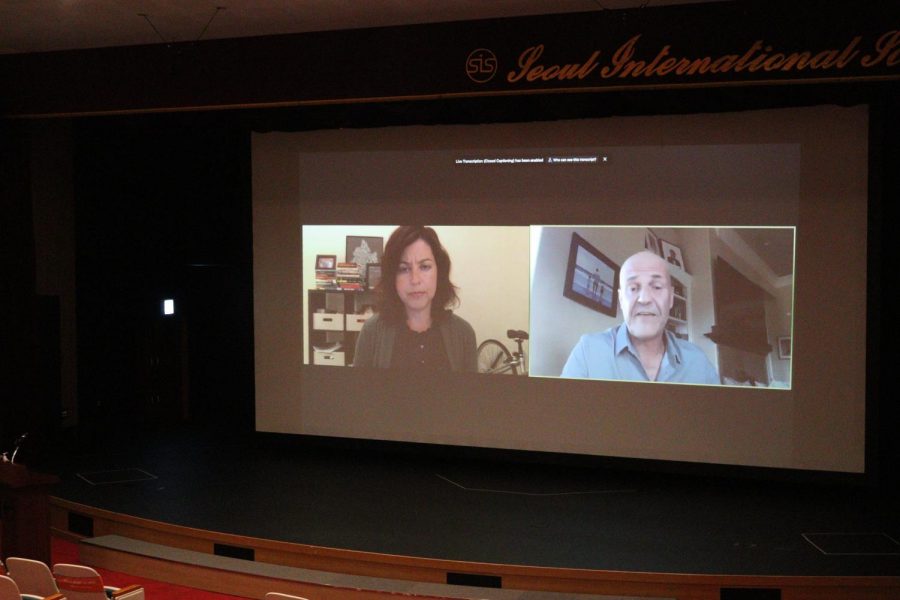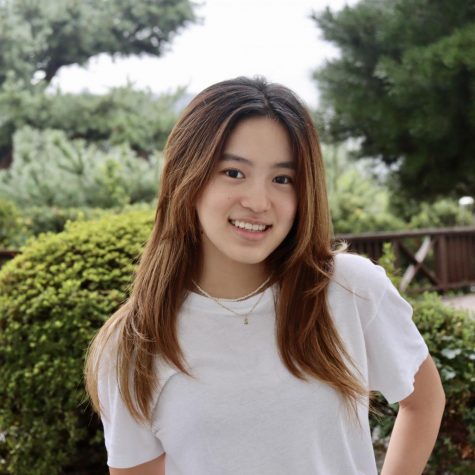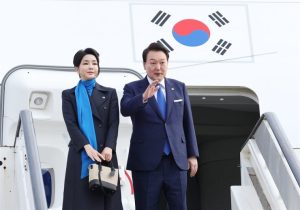AP Lit students attend Khaled Hosseini’s author talk
Oct 5, 2021
On Sept. 30, AP English Literature & Composition students filed into the auditorium for a virtual author talk hosted by the National Council of Teachers of English (NCTE), featuring Afghan-American novelist Khaled Hosseini and moderated by Nicole Mirra. As a renowned novelist in the literary world, Mr. Hosseini’s unique background as a former Syrian refugee and an Afghan in the US inspires his culturally rich writing.
“A surprising part about the author talk was Mr. Hosseini’s emphasis on human rights,” Sally Lee (12), an AP Literature student at SIS, said. “He was an avid advocate for helping children dying of malnutrition in Afghanistan and how literature helps him express those passions.”
During the interview, Mr. Hosseini expressed concern regarding the political climate of Afghanistan. When asked about the circumstances of women in his home country, he replied saying he is supportive of the fight for women’s rights, especially with the national turmoil surrounding the Taliban regime regaining authority and implementing oppressive customs against women. Despite their declaration of respecting women’s human rights, the Taliban later made clear that senior government positions will not be for women, leading women to take to the streets in peaceful protests.
“The Taliban’s reaction [to the peaceful protests] has been both predictable and depressing,” Mr. Hosseini said. “Their answer has been violence.”
With regards to the refugee crises around the world, he believes the US has a moral obligation to welcome Afghan allies who risk so much in aligning themselves with US initiatives. To promote such objectives, he hopes to utilize his influence as a novelist to depict stories that need to be told to eradicate the “seeming indifference of the world.”
“I’m not naive, I know, of course, the solution is not storytelling,” Mr. Hosseini said. “We need hard policy changes. But I think stories are necessary and powerful—we have to continue telling these stories and hope that there will be a shift on how people think about these issues.”
Lastly, he strongly encourages high school students to get exposed to a great diversity of literature. He believes that imaginative literature teaches students to think: exploring what it means to be alive and better understanding their world.
“Another author visit would be great,” Jennifer Kwon (12), a student who attended the talk, said. “It would be a great opportunity for other authors to visit and explain their books and real-life problems connected to such, which gives us a chance to expand our perspectives and learn about what the real world is like.”







